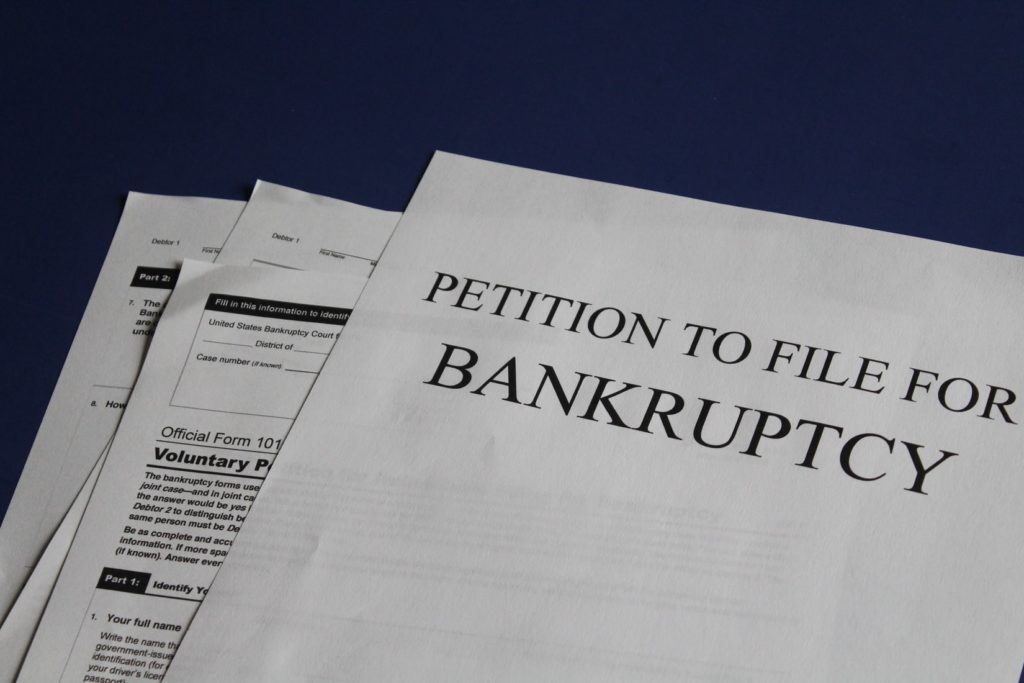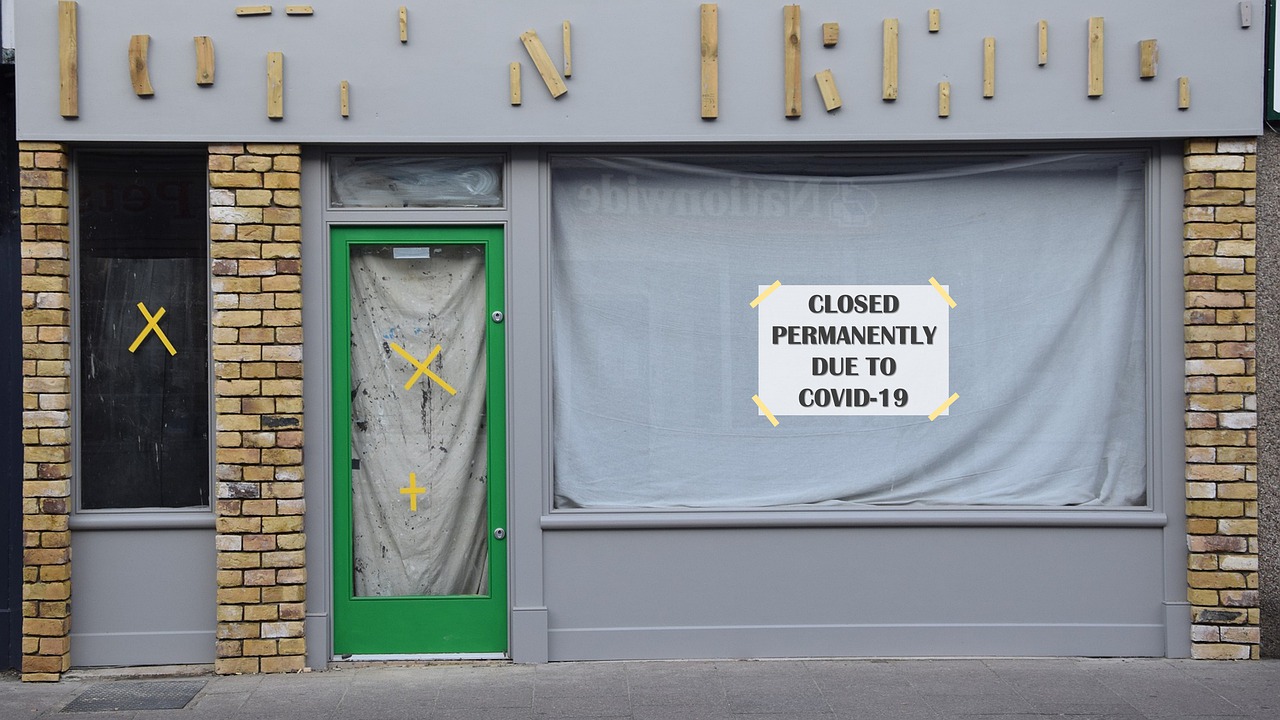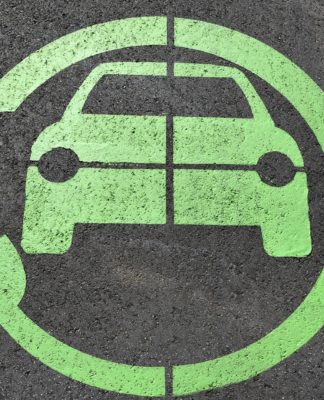These are uncertain times we’re living in, and life during the coronavirus pandemic offers unique challenges for all of us. This is especially true for those looking to file for bankruptcy: Whether your business or personal finances (or both) have been affected, it is important to understand how the bankruptcy process has changed as a result of COVID-19.
The one bright spot: Many courts have responded to the crisis by making it easier for bankruptcy lawyers to represent quarantined clients, and have loosened their rules in general. If you are stuck in isolation as a result of COVID-19, you won’t need to worry about whether or not bankruptcy lawyers will be able to help you get out of debt.
Here is a guide to help you navigate these murky waters.
How do I find a bankruptcy lawyer during Corona?
A bankruptcy lawyer will make life easier, as representing yourself during the coronavirus outbreak will be increasingly difficult. These difficulties will increase exponentially if you have any sort of health problems – whether corona-related or not.
Thus, the first step is hiring the right bankruptcy attorney.
In-person interviews aren’t really an option at the moment, so tap into resources you trust: friends, family, and other attorneys might be able to give you referrals, or at least a place to start. Finding a lawyer through a directory online, or searching your local or state bar association, are other options that yield quick results.
The first thing you should ask when looking for the right candidate is if the office can represent you while you’re in isolation, and if they have the necessary infrastructure to handle your case from quarantine. These pieces include the following:
- The ability to access phone and/or video conferencing for your attorney/client meetings as well as review of documents
- Either online, email, or dropbox capabilities for you to sign and submit your documents
- The availability of a telephonic appearance at the 341 meeting of creditors
It’s also important to ask whether the office offers free initial phone consultations – you can find out whether they’re the right fit for you, and get the above questions answered, without paying a dime of the money you don’t have.

How do I file for bankruptcy during the pandemic?
Technology is the key. Having access to a computer, a printer, and a scanner will be crucial for efficient communication with your lawyer and the court. Some lawyers will accept documents copied with your phone – but this is something to verify.
If you’re stuck in quarantine, mailing your documents or having a friend or family member deliver them for you might work as well.
Almost everything is virtual during COVID-19
When filing for bankruptcy, you’re going to be filling out a number (what might seem like an endless number) of forms. You will most-likely be asked to complete a financial questionnaire by your lawyer before getting started, so be sure and gather together any relevant financial documents pertaining to your case.
Normally, this would come in the form of packet that you would be able to return to your lawyer’s office at a later date (once completed). This doesn’t work when you’re isolated in quarantine, obviously – this is why asking the questions in the section above is so important: The right attorney will already have a system in place to take care of these things without any in-person contact.
For example, your lawyer might provide you with a link to a website where you complete the questionnaire online, as well as the upload any of the relevant financial documents (pay stubs, etc.) we mentioned above.
Another option might be to have your lawyer email the bankruptcy questionnaire to you after which you’ll scan it and return it by email as well.
This is also where, if scanning isn’t an option for you, mailing your documents, or having a friend or family member able to deliver them in an office dropbox, is useful.
Online Bankruptcy Courses
You’ll also need to complete two online courses: One of these will take place before you file for bankruptcy, and the other one comes after. Your bankruptcy attorney will be able to explain how to get online and complete these courses.
Virtual meetings
You’ll need to meet with your lawyer more than a couple times before attorney’s office officially files your case. This is where phone and/or video conferencing becomes important (crucial). These meetings look something like this:
- Meet your lawyer, ask any questions and gain advice, and decide whether they’re the right lawyer for you.
- Take next steps: It’s easy to overlook important details, or cover things that weren’t clear in the first meeting. You might also discuss the information from the questionnaire.
- And complete your petition. When you have everything ready, you’ll need to go over it with your lawyer to check for any mistakes, erroneous information, etc. Once you’re sure everything is in order, you sign the petition.
Avoiding “wet signatures” as a result of coronavirus
There was a rule, in the days before coronavirus, that required bankruptcy lawyers to get an original, or what is called a “wet signature” on any bankruptcy petition before filing it online with the court. Many courts have temporarily dissolved this rule requiring – which is great for lawyers and clients alike. Why? Simply, it limits the amount of contact required before filing a case – no need to meet in person to get anything “wet” during this pandemic. It also means that your attorney should be able to file your case online immediately – which is certainly a benefit to you as well.
What about the 341 meeting of creditors?
Once your case is filed, you will be required to appear (at least once) at a hearing called the 341 meeting of creditors. Here’s what happens: At this meeting, the bankruptcy trustee in charge of the case checks your identification and asks questions about your petition under oath. This is serious business: Lying or omitting information is considered perjury.
These are typically very busy meetings – as many as thirty people are present when taking into account all attorneys, partners, and other relevant parties. As a result of coronavirus standards, trustees have already been ordered to stop conducting these in-person meetings. Instead, hearings take place telephonically – over the phone. Your lawyer will give you the necessary information to tap into these meetings from your phone, at home, safely away from outside humans.
Completing your case
And that’s just about it. If you are filing for Chapter 7 bankruptcy, all that is left is the (sometimes arduous) wait for your discharge. The discharge is the order that wipes out your debt, and you’re free to move on with your life.
For a Chapter 13 bankruptcy case, however, your attorney will appear at a Chapter 13 confirmation meeting also telephonically. You might also be required to attend this meeting if you’re needed. If your repayment plan is approved by the courts at your confirmation hearing, then all you have to do is make your scheduled payments (what you have agreed, and signed on to do) for the amount of time prescribed.
For more information about this, learn the differences between Chapter 7 and 13 bankruptcy.
And read this next: The Loss of Net Neutrality means the Loss of Internet Freedom

















